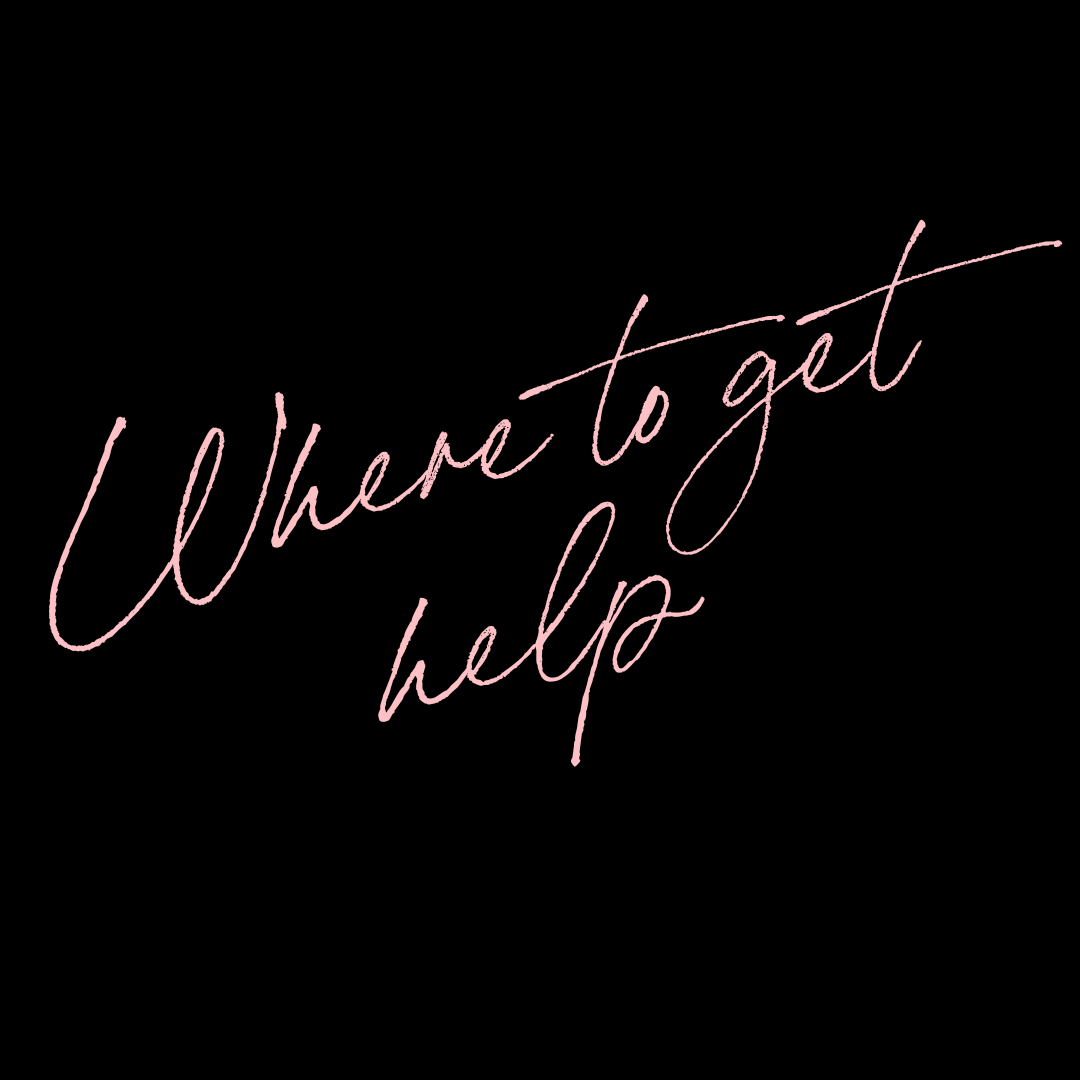What Is Perinatal Mental Health?
The terms perinatal and maternal are often used interchangeably. ‘Peri’ is the Latin for “around”, and ‘natal’ is the Latin for “birth”. So perinatal mental health refers to a woman’s mental health during pregnancy and the first years after birth. (Maternal Mental Health Alliance)
You may also hear it referred to as Postpartum or Postnatal Mental Health.
There is now recommendation that the perinatal period be extended to 2 years after birth. I totally agree with this, as it took me around 18 months after my 2nd baby to start to feel the fog lift and feel a little more 'normal' again.
What is the difference between post baby hormones/baby blues and a perinatal illness?
if any difficult feelings start to have a big effect on your day-to-day life, you might be experiencing a perinatal mental health problem.
This may be new mental health problem, or an episode of a problem you've experienced in the past. (Mind)
It is natural after a baby to find it tough and to feel all sorts of emotions. Your hormones and body are still adjusting from giving birth. I remember always being told day 3/4 post birth are 'baby blue days' and expect to feel emotional. I cried because my mum left the house to go tidy up the garden!
The difference is when those feelings don't ease, get worse or can be mixed with anxiety, intrusive thoughts, panic attacks etc. If your mood, emotions etc start to impact your daily life then it is good to reach out and talk to someone or you GP.

What Types Of Perinatal Mental Illness Are There?
There are many perinatal mental illnesses and it is not uncommon for them to overlap.
The most common are:
Post Natal Depression
Postnatal Psychosis
Postnatal PTSD / Birth Trauma
Postnatal OCD
Where To Find Support For Perinatal Mental Health
The first place to start is to talk to someone. This could be a loved one or a friend. Feeling heard and supported makes a big difference in how you are feeling.
Speak to you GP or reach out to some of the great helplines like PANDAS and Mind
If you are in urgent need of help call the Samaritans on 116 123 or the emergency services on 999







